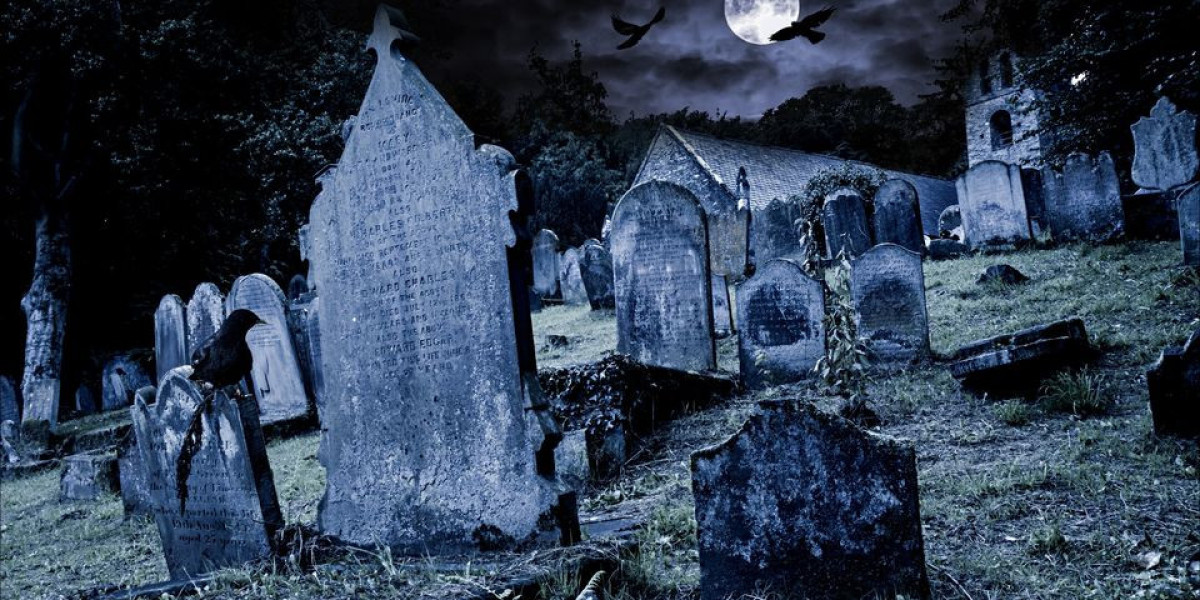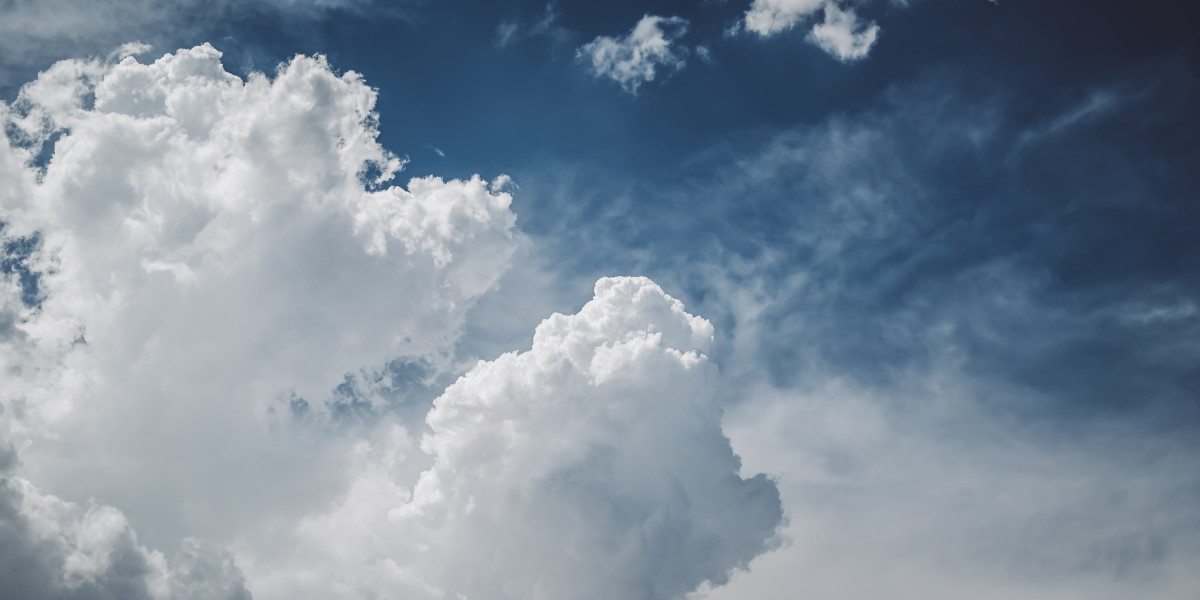Ghost hunting is a thrilling and fascinating pursuit that attracts many people curious about the supernatural. Whether you’re an experienced investigator or a newcomer to the field, it’s essential to understand the basics and prepare adequately for your adventures. This article will cover ten crucial things to know before embarking on your ghost hunting journey.
1. Understanding Ghost Hunting
Ghost hunting involves exploring locations believed to be haunted to gather evidence of paranormal activity. This practice combines elements of history, science, and folklore, aiming to capture proof of the supernatural through various means such as audio recordings, photographs, and electromagnetic field (EMF) readings. It’s a blend of curiosity, skepticism, and scientific investigation.
2. Research the Location
Before heading to a haunted site, research is key. Understand the history, previous reports of paranormal activity, and any relevant legends or stories. This background information will help you know what to look for and where to focus your investigation.
Tips for Researching
Historical Records: Check local archives, libraries, and historical societies for information about the location.
Eyewitness Accounts: Talk to people who have experienced paranormal activity at the site.
Online Resources: Use reputable websites and forums dedicated to ghost hunting and paranormal research.
3. Safety First
Safety should always be a priority when ghost hunting. Many haunted locations are abandoned buildings or remote areas that can pose physical dangers. Always investigate with a group, carry a first-aid kit, and ensure someone knows your whereabouts.
Safety Precautions
Wear Appropriate Clothing: Dress for the environment, including sturdy shoes and weather-appropriate gear.
Stay Together: Never go alone; always have at least one partner.
Check for Hazards: Be aware of structural dangers, wildlife, and other potential risks.
4. Essential Paranormal Equipment
Having the right equipment is crucial for a successful ghost hunt. Basic paranormal equipment includes EMF meters, EVP recorders, digital cameras, and infrared thermometers. These tools help detect and document paranormal activity effectively.
Must-Have Tools
EMF Meter: Detects electromagnetic fields, which can indicate paranormal activity.
EVP Recorder: Captures electronic voice phenomena, or ghostly voices.
Digital Camera: Takes high-resolution photos of potential apparitions or anomalies.
Infrared Thermometer: Measures temperature changes that might suggest a ghostly presence.
5. Respect the Location
Always show respect for the locations you investigate. Many haunted sites are historic landmarks or private properties. Obtain permission before entering, follow any rules or guidelines, and leave the site as you found it.
Etiquette Tips
Seek Permission: Always get the necessary permissions and respect private property.
Leave No Trace: Avoid littering and respect the site’s condition.
Be Considerate: Remember that these places might hold significant historical or emotional value.
6. Document Everything
Keeping detailed records of your investigation is crucial. Documenting your findings helps build a credible case for any paranormal activity you encounter and allows for thorough analysis later.
Documentation Methods
Journals: Keep a written log of your experiences, observations, and any anomalies.
Audio/Video Recordings: Record your entire investigation for review.
Photographs: Take numerous photos, especially in areas with reported activity.
7. Be Skeptical and Objective
Approach ghost hunting with a healthy dose of skepticism. Not every noise or shadow is paranormal. Always look for logical explanations first and rely on solid evidence before concluding that something is supernatural.
Analytical Approach
Debunk First: Try to find natural explanations for any phenomena.
Cross-Check Evidence: Compare findings from different devices and team members.
Remain Objective: Keep an open mind, but don’t jump to conclusions.
8. Understand the Paranormal
Familiarize yourself with different types of paranormal activity and entities, such as residual hauntings, intelligent hauntings, and poltergeists. This knowledge can help you identify and understand what you might encounter.
Types of Paranormal Activity
Residual Haunting: A repetitive, non-interactive occurrence often linked to a traumatic event.
Intelligent Haunting: An active entity that interacts with the living.
Poltergeists: Known for causing physical disturbances, such as moving objects.
9. Analyze Your Findings
After the investigation, thoroughly review all your recordings, photos, and notes. Look for patterns or anomalies that might indicate paranormal activity. This analysis can take time, so be patient and meticulous.
Review Process
Audio Analysis: Listen for EVPs, paying attention to any unexplained sounds or voices.
Photo Examination: Look closely at photos for any oddities or unexplained images.
Cross-Reference Notes: Compare your observations with the recorded data.
10. Share and Discuss
Sharing your findings with the ghost-hunting community can provide valuable feedback and insights. Engaging with others who have similar interests helps you learn and improve your techniques.
Community Engagement
Join Groups: Participate in local or online ghost-hunting groups.
Attend Events: Go to paranormal conventions and workshops.
Share Responsibly: Present your findings objectively and be open to constructive criticism.
Conclusion
Ghost hunting can be an exciting and rewarding pursuit, but it requires preparation, the right tools, and a respectful approach. By understanding the basics and following these guidelines, you can enhance your chances of a successful and enjoyable investigation. Equip yourself with essential paranormal equipment, document your findings meticulously, and engage with the community to further your knowledge and skills. Whether you're exploring a haunted house, a historic site, or a remote location, these tips will help you embark on your ghost-hunting adventure with confidence.








